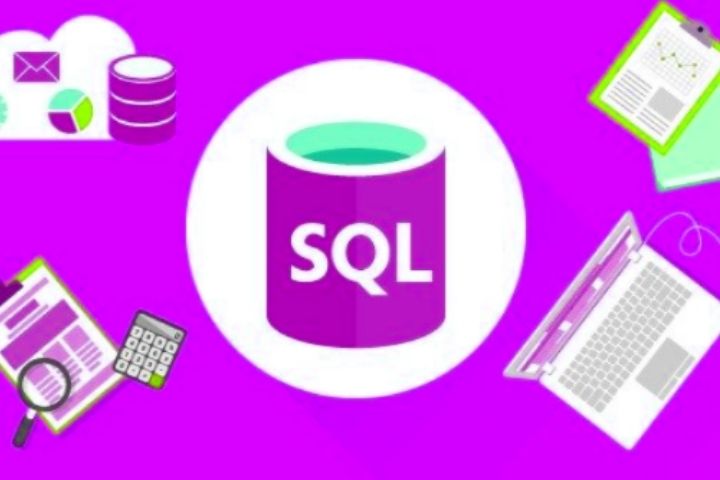Reasons To Learn SQL That You May Never Have Thought About

If you dedicate yourself to development (or you are simply in the technology sector) you probably agree with me that lately the panorama has been a lot like the myth of Sisyphus: every time you learn a new technology, after six months (hopefully) you get it. they change and start over.
This is compounded by the overwhelming number of languages, tools, and work environments from which to choose our toolkit. The cost of choosing wrong can be expensive.
On the other hand, there are technologies that have always been there, and that due to the fact that they do not shine so much in the showcase of the fashion week of the development world, many times they are not paid the attention they should , especially on the part of more developers. novices.
I am referring to SQL , and today I want to focus on this language and highlight its strategic importance for the professional career of someone like you, who surely is dedicated to development or some other related profession within the IT world.
First of all, we assume that you already know that SQL (Structured Query Language) is a language for databases , right? 😉 Here is the list:
Table of Contents
SQL Is Everywhere
SQL is to business what force is to Jedi : it is everywhere, it flows between us and surrounds us. Both in companies such as Microsoft, Uber, Netflix, Airbnb … or even Facebook, Google and Amazon (which have developed their own database systems) as any small or medium company that you can imagine, all of them are using SQL of some form or another. It does not matter where you go, since you will surely take advantage of it.
It Is Easy To Learn
SQL is easy to learn (at least the fundamentals), and when you compare it with the benefits of mastering it, investing in learning SQL well is extremely profitable . Be careful, even if you don’t dedicate yourself to programming, you can get a lot out of SQL.
It Is A Portable Knowledge: It Does Not Tie You To Any Manufacturer
One of the great advantages of SQL compared to other languages is that it is cross-functional. Many developers when deciding to learn a new technology have doubts about the opportunity cost of not learning others. With SQL this does not happen .
If you invest time and money to become a specialist in SQL Server , a large part of that knowledge and experience can be used if in the future you change to a company where, instead, they use Oracle, MySQL or PostgreSQL (to name just a few) .
Many Years Of Filming Behind His Back
SQL was born at the end of the 70s in the IBM laboratories (no less) and began to be exploited commercially by Oracle (other Nobody , right?) In 1979, but its theoretical origins go back to the relational model proposed by EF Codd in 1970. Or what is the same, it is a technology that did not appear overnight and that has been with us for more than 40 years giving everything. But that does not mean that it is outdated.
Without disrespecting anyone, now compare this evolution to the ninety-second cool JavaScript framework that a couple of colleagues pulled out over a weekend. Yes. I know what it is to compare churras with merino , but, regardless of the fact that they are different things, what do you think is more reliable when it comes to investing your time, money and energy in learning it?
SQL Never Changes
If changes stress you out as a developer, SQL is to development what gold is to financial investment. That is, a safe value. Each vendor implements it differently, but they tend to stay very close to the standard, and the hard core of SQL hardly changes.
Once you understand the basic concepts of SQL and relational theory, you will find yourself very comfortable developing new functionalities on top of it and enjoying enormous independence that you did not have before






